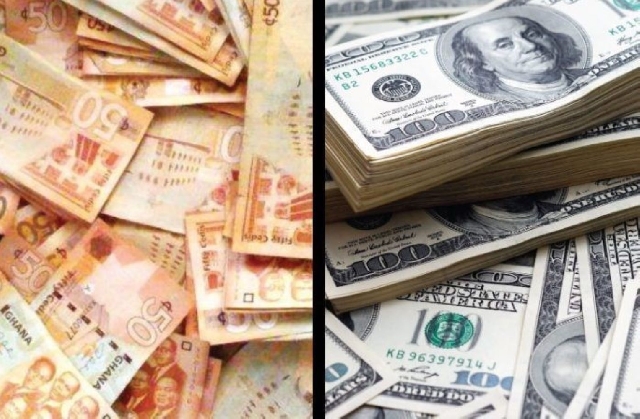- How football brings joy and helps heal Palestinian children in Qatar
- Global forest loss exceeds targets in 2023, report warns
- How did Egypt’s and Israel’s economies do in a year of Houthi attacks?
- China takes swing at European Union with brandy duties after EV tariff vote
- Boeing delivers 33 jets in September but strike impact looms
What do you believe is the single most important factor driving up the cost of living in Nigeria?

Too good to be true? New study shows people reject freebies and cheap deals for fear of hidden costs
If you're offered a free cookie, you might say yes. But if you're paid to eat a free cookie, would your response be the same?
In our new research, twice as many people were willing to eat a cookie when they weren't offered payment compared with when they were.
From a purely economic perspective, our findings reflect irrational decision making. Objectively, a cookie plus money is better than just a cookie.
But people aren't purely economic. They're social animals with a tendency to look for hidden reasons behind other people's behaviors.
In the case of overly generous deals, people are expecting a "phantom cost"—one hidden in the initial offer. And this expectation influences their decision to accept something or not.

- October 8, 2024
Vodafone partners Google to boost AI phones, services Africa

- October 8, 2024
Wema Bank gets recognition


- October 8, 2024
Boeing delivers 33 jets in September but strike impact looms

- October 8, 2024
Firms launch campaign for social change


- October 8, 2024
Egypt, Germany sign €30m grant for green hydrogen project


- October 8, 2024
FG will reduce post-harvest losses by 25% – Minister
Subscribe to our mailing list to get the new updates!

Subscribe our newsletter to stay updated
Thank you for subscribing!





